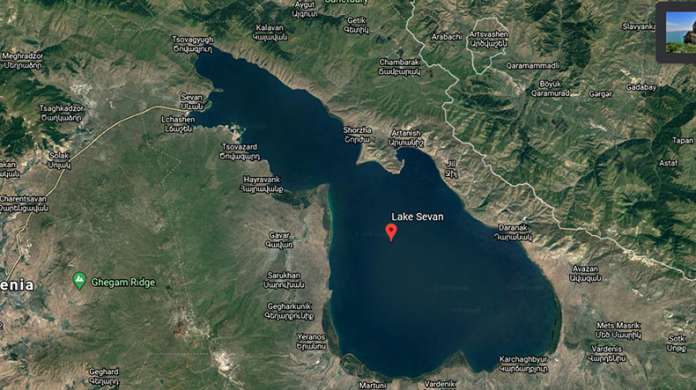There is no exact data on the demarcation of the borders of Armenia and Artsakh (Nagorno-Karabakh) with Azerbaijan, which has sparked concerns among the public, including the scientific community.
In an interview to Panorama.am, Associate Professor at the Department of Ecology and Nature Protection of the Yerevan State University, Head of the Department of Hydroecology of the Institute of Hydroecology and Ichthyology at the National Academy of Sciences Lusine Hambaryan said that Armenia has estuaries of strategic importance, and it is yet unknown whether they will be under Armenia’s or Azerbaijan’s control.
“First, our safety is not ensured. When we go out to Lake Sevan on a research vessel to take water samples, shots are fired. Under such conditions, when the border has become so close, obviously there is a cause for concern,” Ghambaryan said.
“Today we do not have any specific information on how it will be examined and regulated. In addition, there are no security guarantees, since the agreement with the enemy [Azerbaijan] is not specific. With the use of GPS, some borders are being drawn. Groups of specialists were supposed to work there, do you understand? We’re in a collapse. Obviously, we can claim that the river estuaries controlled by the enemy pose a threat as we know who we are dealing with,” she stressed.
According to the scientist, the extent to which the existence of Lake Sevan is in danger now depends on the demarcation of the borders.
“I don’t know how the borders are supposed to be demarcated, but no official information is provided to any specialist either. You see, there is no struggle. They need to listen to people, but today they are only talking about drawing borders, what borders? Of course there are threats.
“We do not obtain any information on what exactly is happening. As a result, if a situation emerges where the borders move close to the estuaries and we lose Arpa and Vorotan, it will naturally have a negative impact on Lake Sevan. Apart from that, in a wartime it often happens that estuaries are deliberately poisoned in order to cause great harm to the population. Thus, there are numerus threats and reasons for concern,” Hambaryan said.
Water conflicts and wars have been known since ancient times. And today the price of drinking water in some countries is equal to that of oil. In the 21st century, freshwater resources are of strategic importance and are under strict control especially in developed countries.
According to Lusine Hambaryan, Azerbaijan is experiencing a serious problem with water resources, and over the past years Armenia could have made a “tool” out of water by allowing the construction of reservoirs being fed by its rivers. However, this was not done, and now Armenia has to fight not to lose strategically important water resources.












